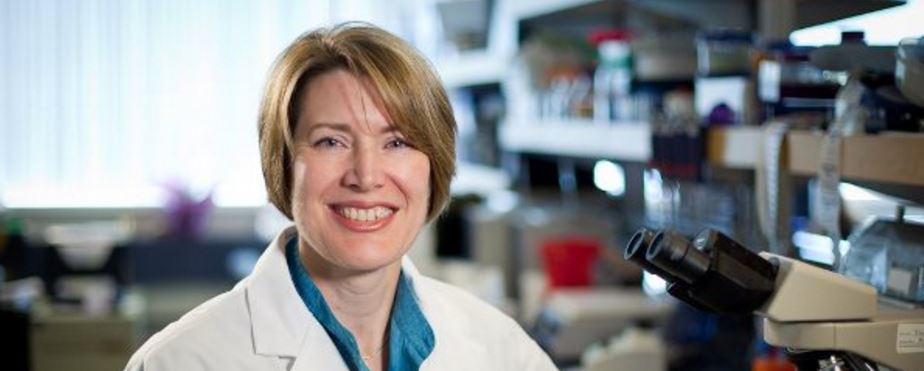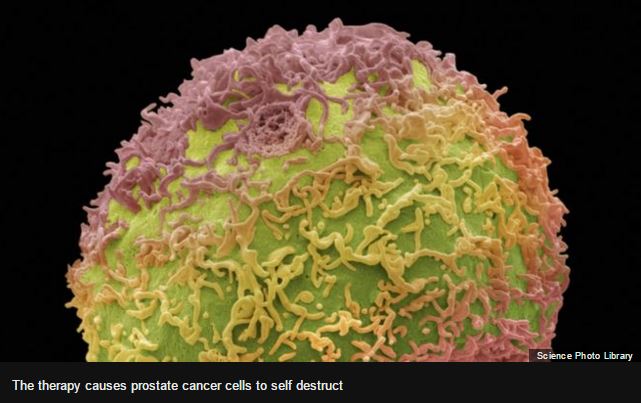|
Add another disease to the list of ailments that may be thwarted by regular aspirin use—prostate cancer.
Researchers reported that men who took at least three aspirin tablets a week reduced their risk of developing or dying from advanced prostate cancer. The aspirin didn’t affect whether the men developed the disease to begin with, though. Separately, other scientists found what they described as early evidence that a government panel’s recommendation against routine prostate-cancer screening may be having an unwelcome result: an increase in detection of tumors at more advanced states, when they are harder to treat. Findings from the two studies were released Monday ahead of their presentation at the American Society of Clinical Oncology Genitourinary Cancers Symposium in San Francisco later this week. Read More
1 Comment
Len Gross had his life changed in 1992 when he had prostate surgery that left him permanently impotent. Gross would have every reason to have regrets given that his cancer was so minimal that doctors would not even operate on him today. He is is now a founding and board member of the Prostate Cancer Foundation of BC and one of the founders of the Canadian Prostate Cancer Network. Now at 81 years old he still takes part in the annual Father’s Day walk/run around Burnaby Lake to raise funds for prostate cancer research and support. The walk/run has raised more than 2 million dollars. Gross said helping other men with prostate cancer has helped him see the bright side of his own situation. Our 17th Annual Father's Day Walk/Run is being held at Burnaby Lake on June 19, 2013.This year’s theme is “show your blue” where participants are encouraged to come dressed in blue for a costume contest that is new this year. Organizers will have a “blue tent” for those needing costumes or accessories. This event attracts people of all ages and is for serious runners, casual walkers and families. This is a celebration with a BBQ lunch, prizes and entertainment. REGISTER ONLINE to participate, sponsor a participant, or volunteer for this event. Read More  Some good news men! This article shows some evidence that daily orgasms can reduce the risk of prostate cancer. One out of seven men will get prostate cancer. Unfortunately, most of the risk factors have to do with age, race, and family history, so they are not modifiable. But new research suggests that daily orgasms will reduce the risk of prostate cancer by over 20 percent. The study data showed that the participants who ejaculated more than 21 times a month were at a 22 per cent lower risk of getting the disease. As for how men achieved ejaculation, it is not a requirement to have a sex partner. Whether it be sexual intercourse, nocturnal emission, or masturbation, all are beneficial. Read more here  The BC Cancer Foundation is looking for advanced prostate cancer patients that can participate in a phase one clinical trial. The Canadian trial will be run by Dr. Kim Chi, who is an Associate Professor at the UBC Division of Medical Oncology. This is the culmination of 17 years work and over $2.6 million dollars of funding to develop a totally new way of attacking prostate cancer. A prostate cancer drug developed by researchers at the BC Cancer Agency and the University of British Columbia is entering human clinical trials. The drug is specifically designed to target and shut down metastatic castrate resistant prostate cancer (m-CRPC) when other treatments have failed. “Today represents a significant milestone as we witness the fruits of our labour in the lab move to the clinic to potentially help men facing metastatic prostate cancer,” said Dr. Marianne Sadar, Distinguished Scientist at the BC Cancer Agency and Professor in the UBC Department of Pathology and Laboratory Medicine. “We faced one in 1000 odds in developing a drug that would prove to be a candidate for patient trials.” Over a decade in the making, the drug EPI-506 is the first to target the ‘back end’ of the androgen receptor protein, called the N-terminal domain. The androgen receptor drives most prostate cancer cells and makes them sensitive to androgen hormones, such as testosterone. Read More Here One problem with trying to use the immune system to destroy cancer cells is that the body does not recognise these deadly cells as dangerous because they have evolved from normal healthy cells. This is why, unlike an infection, the immune system does not destroy these cancer cells. By using a virus to carry the gene therapy into the tumour cells, the cells self-destruct, which then alerts the immune system to launch a massive attack. A new gene therapy technique is able to modify prostate cancer cells so that a patient's body attacks and kills them, US scientists have discovered. The technique causes the tumour cells in the body to self-destruct, giving it the name 'suicide gene therapy'. Their research found a 20% improvement in survival in patients with prostate cancer five years after treatment. This new research genetically modifies cancer cells so that they signal a patient's own immune system to attack the cells. Read more here |
AuthorThis blog is put together by a member of the Prostate Cancer Burnaby Support Group. Archives
July 2016
Categories |



 RSS Feed
RSS Feed